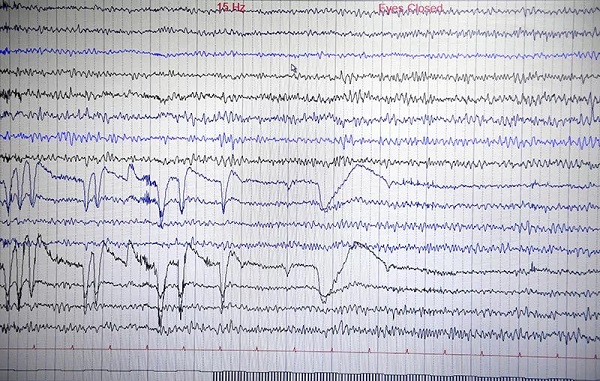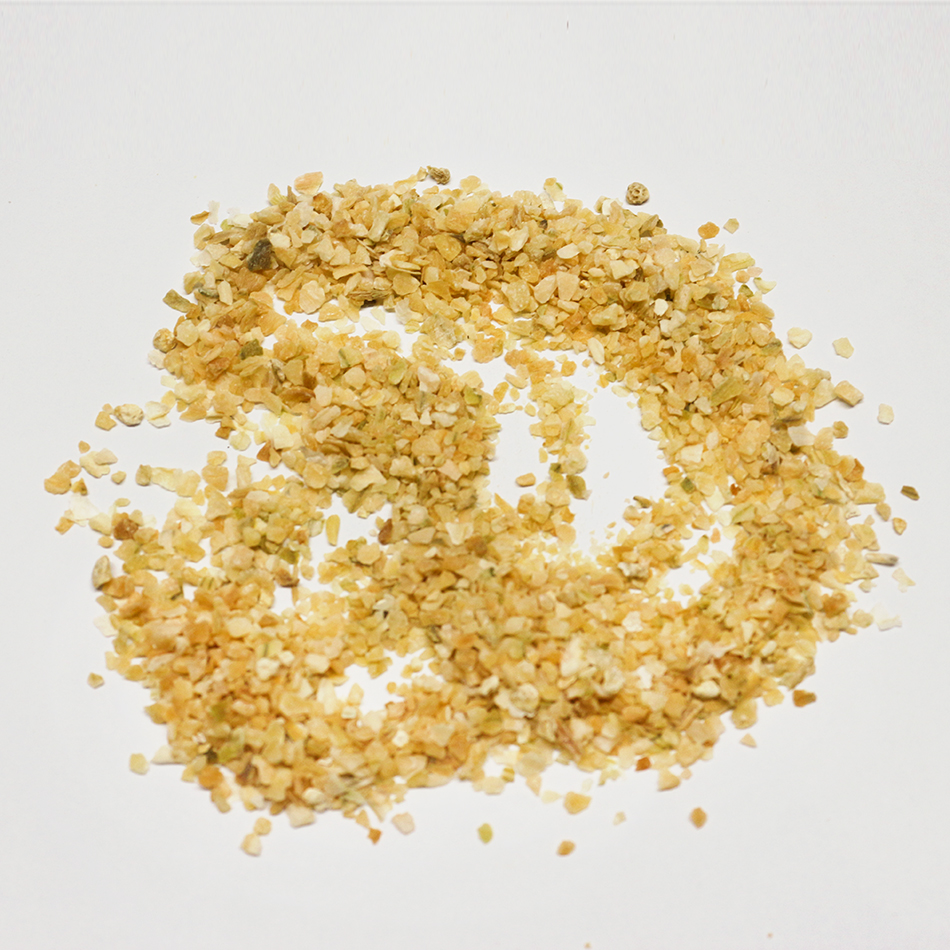Release date: 2018-04-10
Before playing the guitar, the musicians will adjust the strings to a specific frequency to get the pitch they want. Since the beginning of April, a team of neuroscientists in Australia has begun to make similar adjustments to the human brain: they hope to reorient the abnormal nerve pattern to a healthy state by targeting neurons in real time.

Credit: P. Marazzi/SPL
The research team at Monash University in Melbourne is currently conducting one of the first trials: using electrodes on people's scalp to monitor both their brain activity and custom electrical stimulation by adjusting the neuron group to a specific frequency, The research team will try to alleviate people's depression and other emotional disorders. The team was also the first team to use this method to treat mood disorders.
The Monash team is one of the few teams in the world to try this "closed loop" system. In this system, stimulation is guided by the patient's brain activity, which in turn is altered by stimulation. Researchers hope that this technology will provide a better way to correct abnormal brain patterns than current stimulation techniques. Although still in its early stages, this approach is undoubtedly a fundamental shift in the field as a treatment that seeks to be more personalized than the clinically used brain stimulation treatment.
Charlotte Stagg, a neurophysiologist at the University of Oxford in the United Kingdom, commented on this method: "They are doing some of the most cutting-edge things, and if they can make it work, it would be cool."
1. Progress focus
Paul Fitzgerald, a co-leader of research and a psychiatrist at Monash University, said: "The existing brain stimulation method usually applies the same stimulation to all patients. This 'one size fits all' model has achieved some success. Research shows that about half Depressed patients respond to transcranial magnetic stimulation (TMS)."
“It’s not bad, but it’s better, and that’s one of the reasons we’re looking for more personalized measures,†said Kate Hoy, co-leader of the experiment.
Due to differences between individuals and individuals as well as within individuals, people's responses to brain stimulation vary widely. Researchers believe that adjusting the stimulation current according to the individual's own brain activity will increase the success rate of treatment. Hoy said: "Although this is an emerging field, it does feel like a paradigm shift."
Specifically, the Melbourne trial will use transcranial communication stimulation (tACS) to regulate brain frequency and use an electroencephalogram (EEG) to record brain electrical activity. Fitzgerald explained that tACS was chosen because it allows neurons to be stimulated at a specific frequency than other stimulation techniques. In the next nine months, the team will conduct safety and efficacy trials in about 80 healthy people; later this year, they will conduct further tests on people with depression.
At the same time, a German research team also plans to conduct clinical trials for patients with depression. According to Christoph Zrenner, a team member at the University of Tübingen (Eberhard Karls Universität in Tübingen), their trial will combine temporomandibular joint syndrome with EEG. He said: "We believe that closed-loop brain stimulation will be the main way to be more effective than current brain stimulation therapy."
Other groups are studying how closed-loop systems can enhance cognitive functions such as memory. A group of researchers in the United States are using tACS and EEG to perform slow wave oscillations in healthy volunteers during sleep. Vincent Clark, a neuroscientist at the University of New Mexico, one of the researchers, said: "This technology may be useful for people with memory impairment in the future." He plans to introduce at an international conference on brain stimulation and imaging in Singapore in June. test results.
2, technical barriers
Gregor Thut, a cognitive neuroscientist at the University of Glasgow in the United Kingdom, believes that although the potential of closed-loop systems is exciting, stimulating the brain while recording brain activity is a major technical challenge because of the monitoring of the patient's brain. The EEG also recorded the current of the stimulator, which created an illusion that masked natural activity.
In this regard, Fitzgerald said that his team's customized closed-loop system has specially designed software and hardware to significantly reduce this illusion, and they hope to completely eliminate the illusion in the next test. In addition, researchers at the University of Manchester in the UK have developed algorithms that can partially remove artifacts, and related technologies are continuing to experiment.
“Many researchers are skeptical about whether they can overcome this problem, and if they can prove it is effective, it will be extremely exciting,†Stagg commented.
References: 1) Brain-stimulation trials get personal to lift depression
Source: Bio-Exploration
New Crop Dehydrated White Onion Diced has antipyretic properties, which is determined by the nutritional value of onions. Original Dehydrated White Onion Diced contains an oily volatile substance, so when we eat onions, we always feel a spicy taste. This substance can play a bactericidal effect and prevent the invasion of influenza viruses.

Dehydrated White Onion Diced,Delicious Dehydrated White Onion Diced,Original Dehydrated White Onion Diced,New Crop Dehydrated White Onion Diced
Laian Xinshuyu Food Co., Ltd , https://www.xinshuyufood.com